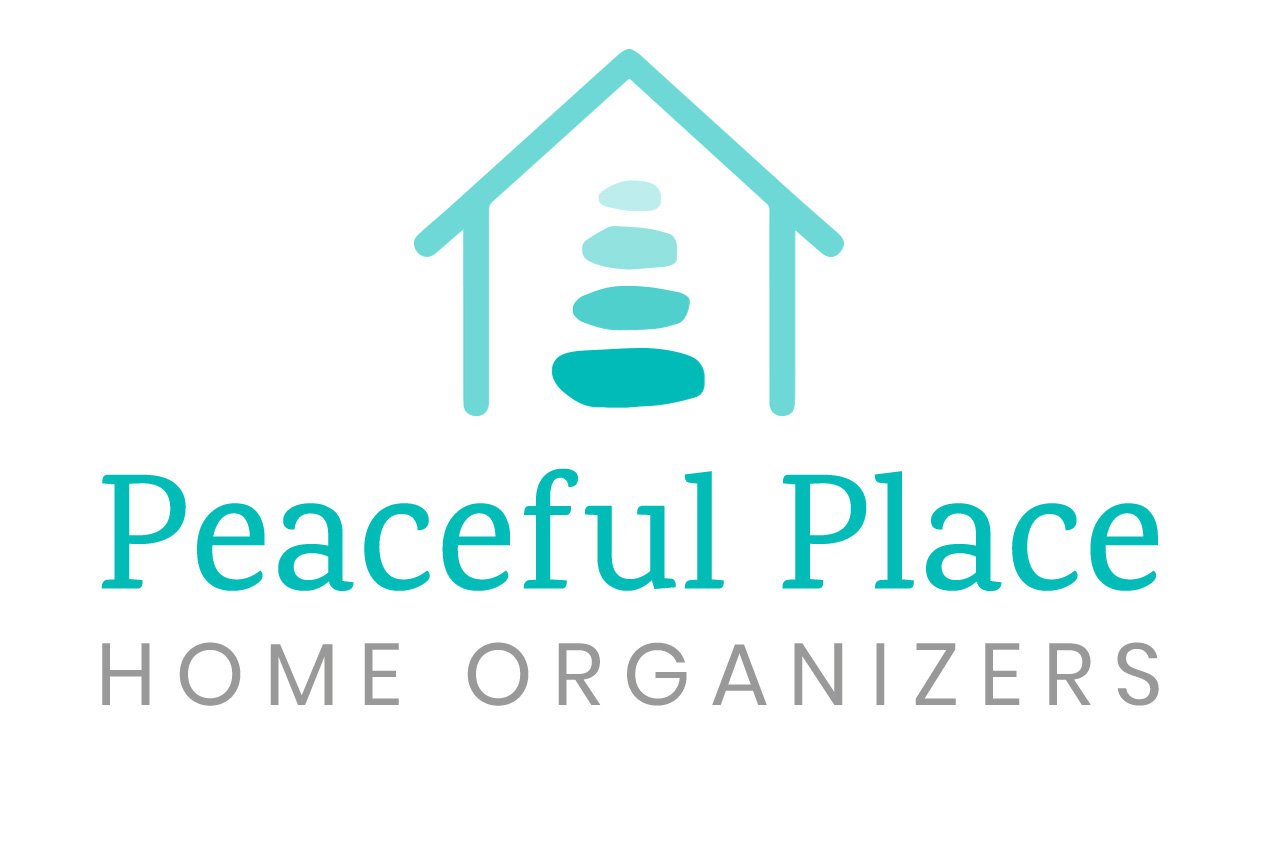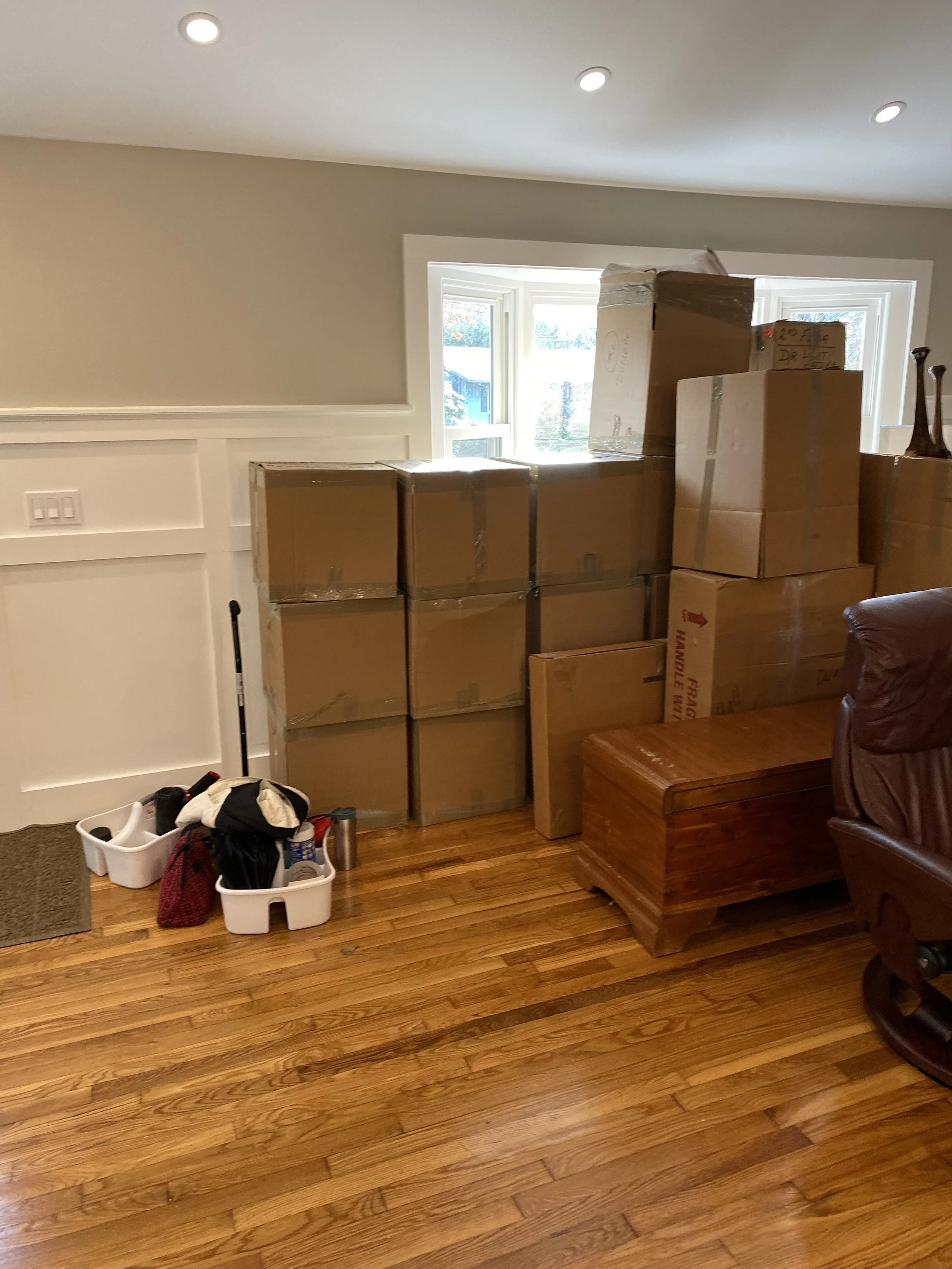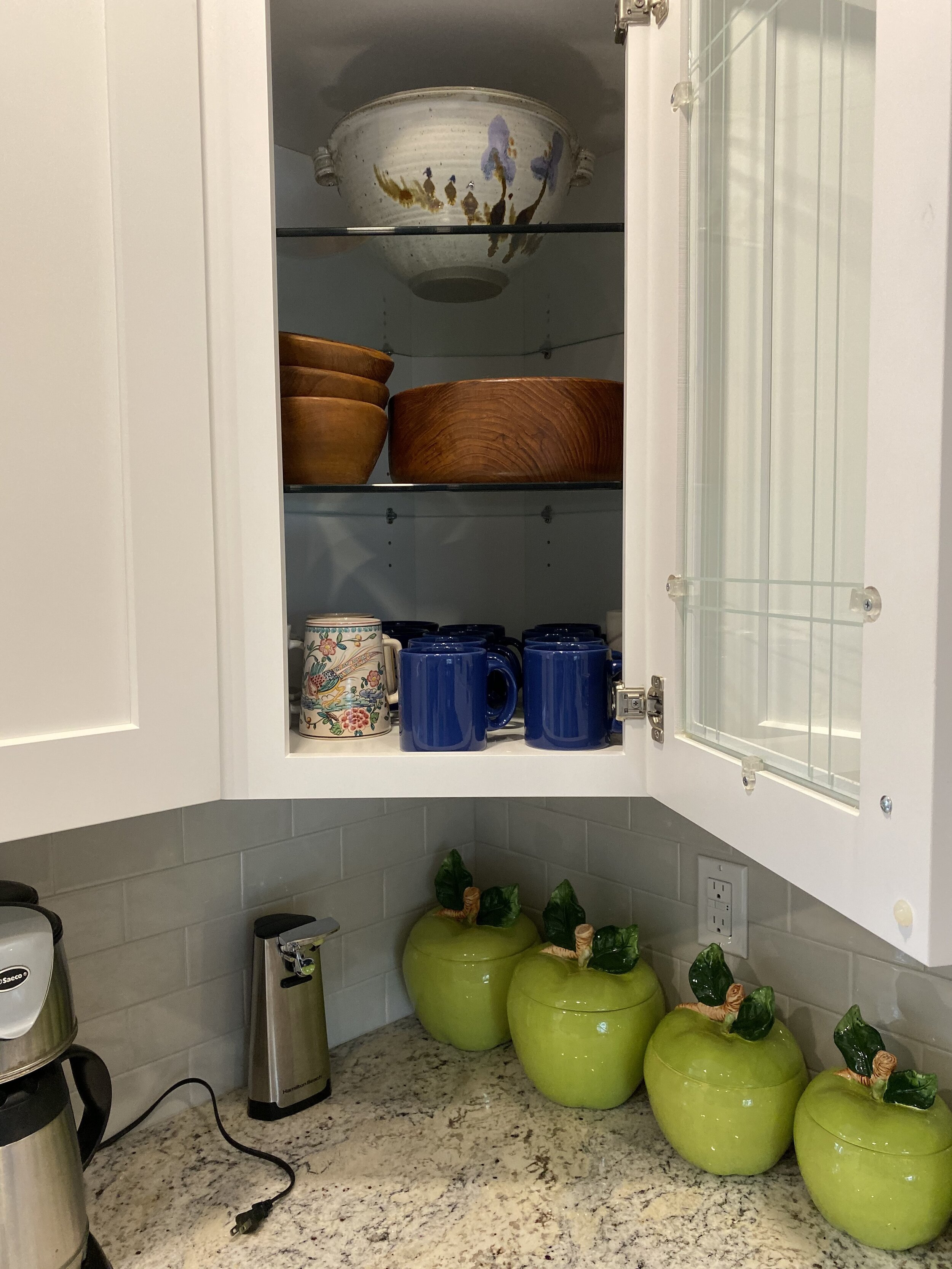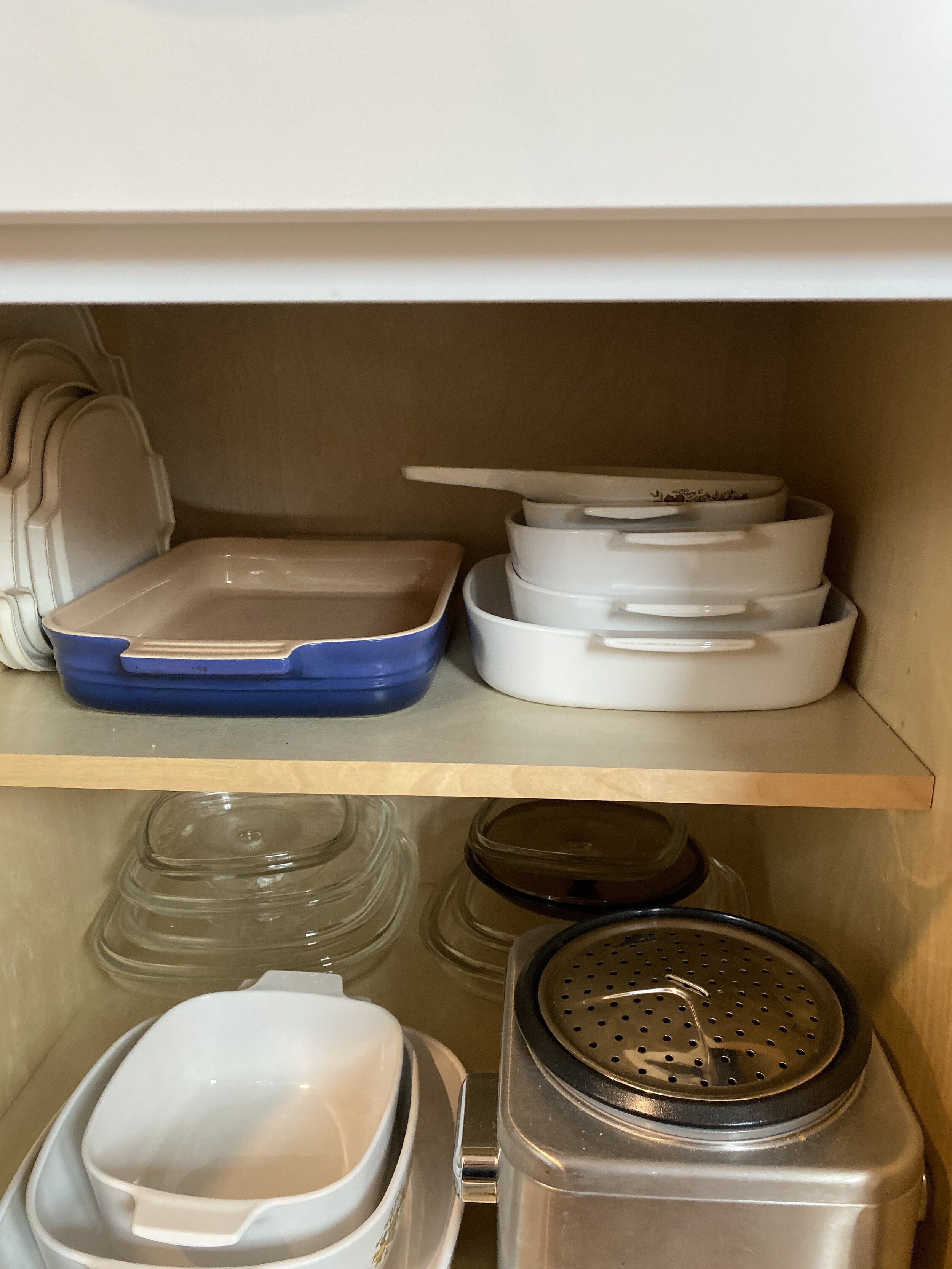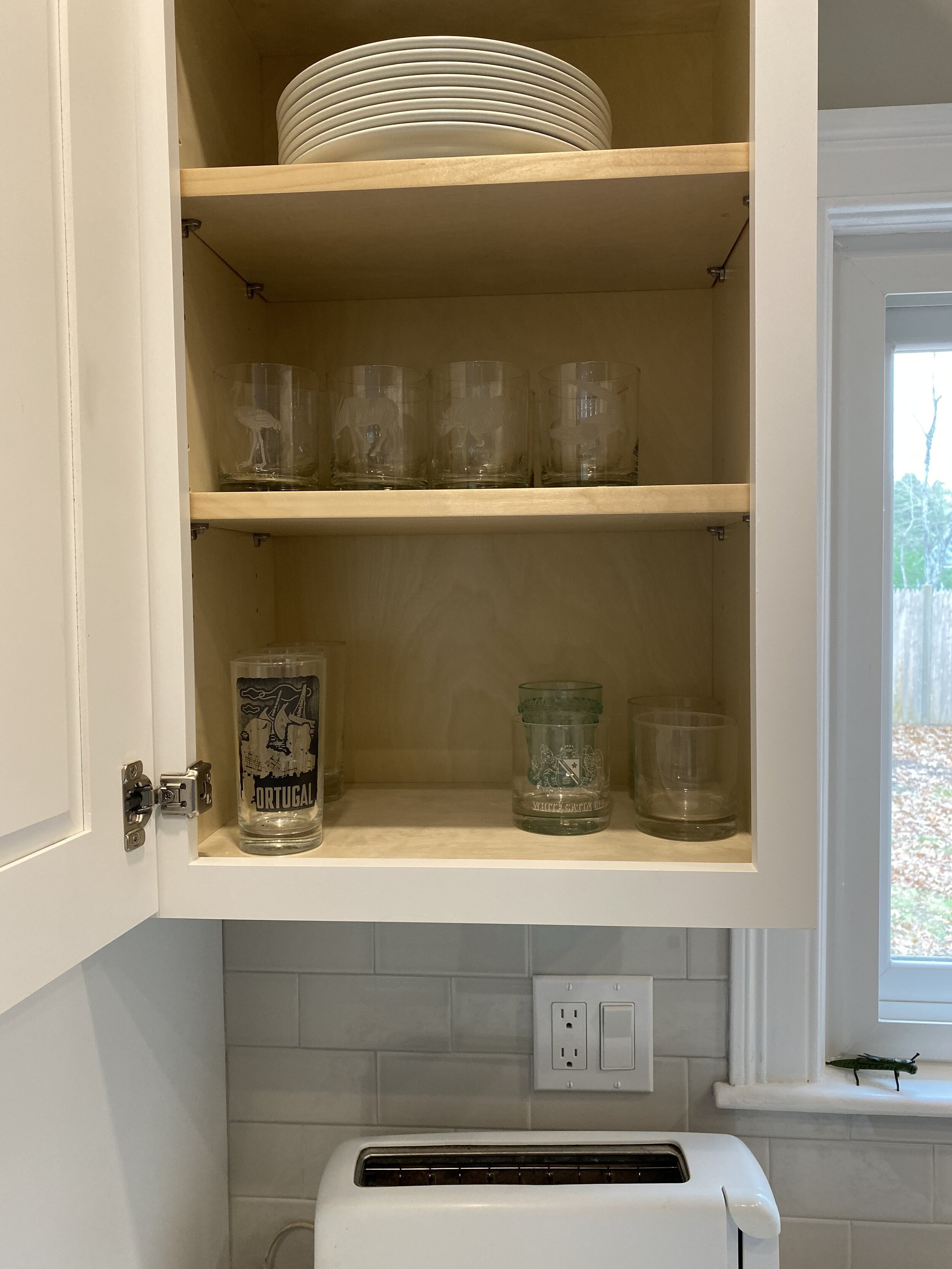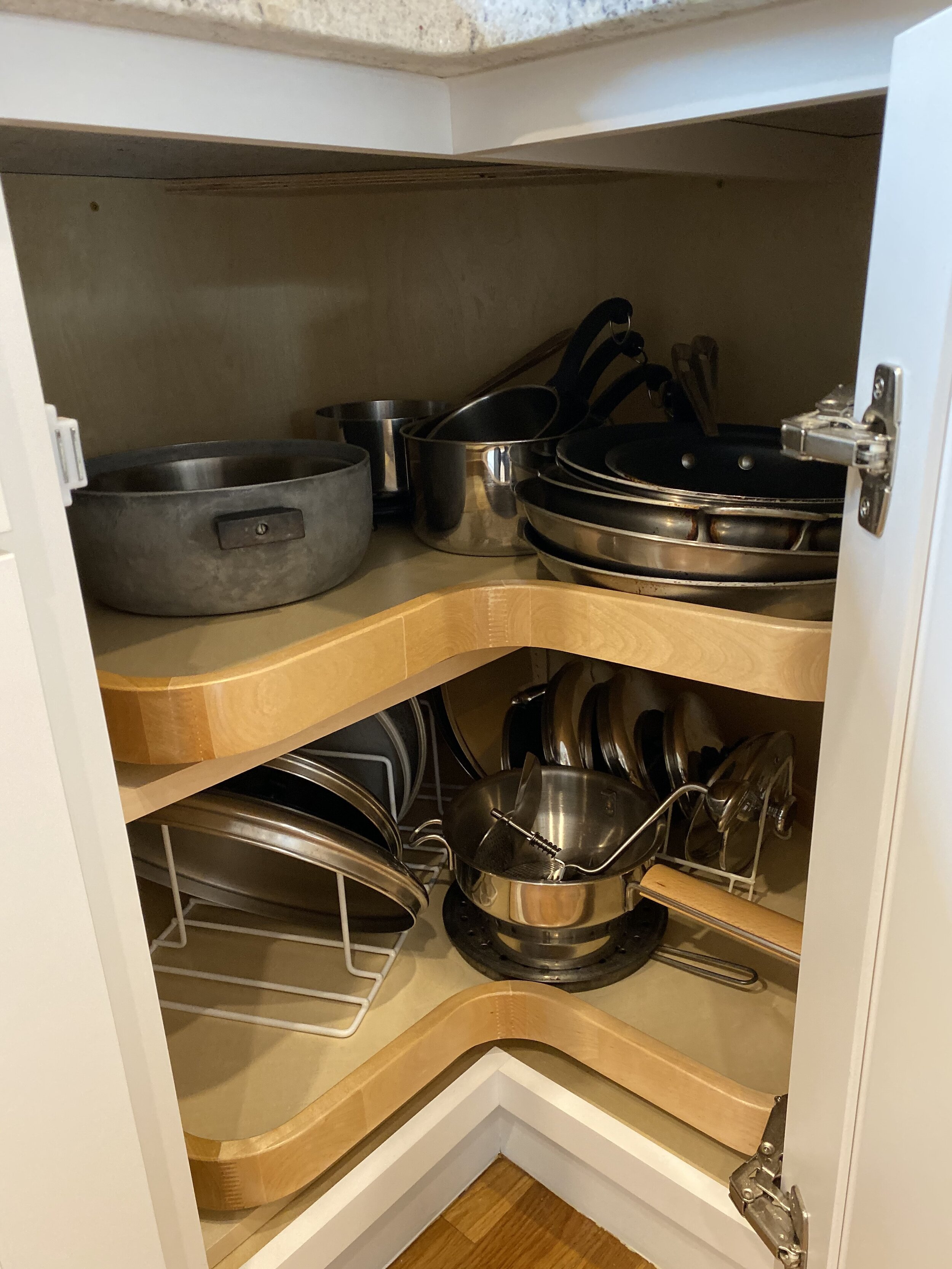It’s no secret: most things are easier to do when there’s a set system or a template in place. One of our 2019 clients is the perfect case study for this. The client, a recent widow, hired Peaceful Place to handle her unpacking. Most people don’t know how to unpack after moving. We do. And the proof, as they say, is in the pudding.
We’ve compiled this five-step plan for how to attack the unpack based on our experience with the Centerville client.
How to Unpack after Moving: Make Methods out of Madness
When moving home there’s a clean slate and unpacking the right way can set your new home up for organizational success. Unfortunately, very few of us have the time to spend learning how to unpack the right way and then do it. Instead we piecemeal, pulling things from boxes and putting them away as we go.
The key to post-move unpacking, is to do it holistically.
Step 1: Go Room by Room and Place Still-Packed Boxes
For this client, she packed and labeled her boxes. We handled the unpacking and, here’s your first pro tip: unpack room by room and organize everything as you go.
Rather than open boxes randomly we placed each box in the room matching its label.
Step 2: Unpack Boxes and Sort Items Starting with Bedrooms
Start with the bedrooms. These are spaces you will need to use immediately and use daily, so you’ll build better habits and get unpacked faster this way. You’ll also get into your routines much more quickly.
That’s where we started with this unpack and the client was thrilled to have a peaceful place to rest her head during the stress of moving.
We’re not sure why, but many popular organization blogs will tell you to pick a drawer for things and then unpack items and put them away. But then you have a mostly empty drawer with six necklaces and a headband and an overflowing sock drawer.
Rather than use spaces traditionally, we unpack and put items of the same type together. Next, we look at the spaces available and assign everything a home that way. If you’re not a jewelry person, a simple box, plate or tree will do the trick. If you are a sock collector we might use a large drawer traditionally used for sweaters.
As mentioned in an earlier post, our services are completely bespoke. We don’t simply put things where they traditionally go. We work with the spaces to create organization systems that work for our clients.
Step 3: Divide Spaces
One of the most important hacks for home organization is partitioning larger spaces. This is great when unpacking after a move because it allows you to better use the furniture you have well.
A too-large drawer is far more likely to get messy than the same drawer with partitions. They remind you to fold and put away items properly. Not only does everything stay neat, but items are also easier to find this way.
Step 4: Rethink Your Kitchen
For the first few days you might rely on takeout but hey, that’s one of the few joys of moving. Once your bedrooms are done, move on to the kitchen.
Many of us like to unpack our kitchens by matching them to the same format we had at our last home. But kitchens are widely varied. There are two things to remember when it’s time to set up your kitchen that should be in every “how to” article.
First, accept that every kitchen is different and start from scratch. We promise you’ll be able to find everything.
Second, Let the size of each space guide your placement.
Don’t try to cram your bakeware into a spot that would better hold your four place settings. For this project we tried out a few things before settling on final placement. The client had always used cabinets for cookware and under-counter storage for glasses, mugs and plates but with the space in her new kitchen this didn’t make as much sense. She’s thrilled with how easy, and sensible, her newly unpacked kitchen is.
Step 5: Living Spaces
Living spaces are perfect for entertaining and family time but we always save them for last because we find it stresses people far less to have their bedrooms ready first.
Living spaces should start with furniture placement. Use the space to arrange items and be sure to move them around a few times until everything feels right. Then add items to the room, following the method of allowing the spaces to claim the items versus putting things where you always have.
A Word on Showcase Pieces
If Showcase pieces are any items you want to get focus. They can be interesting tables, antique tools or works of art. This client had a beautiful hutch. Placing this piece first made sure it wasn’t an afterthought.
These pieces should be the focal point of a room or hallway. If they are meant to display things, be sure to arrange them artfully and avoid using them as a spot where you drop mail and keys. The easiest way to do this is to set them up first and stick to that rule from the beginning.
Incorporating these steps will help you learn how to unpack after a move in a way that ingrains organization into your home with intention. Before clutter has a chance to accumulate you’ll have a designated space for everything and be a habitual tidier.
If you’re moving, consider hiring professionals to unpack your move. We know the best ways to attack the unpack to help build good habits for beautiful, uncluttered homes that work in tandem with your belongings. Get in touch today.
